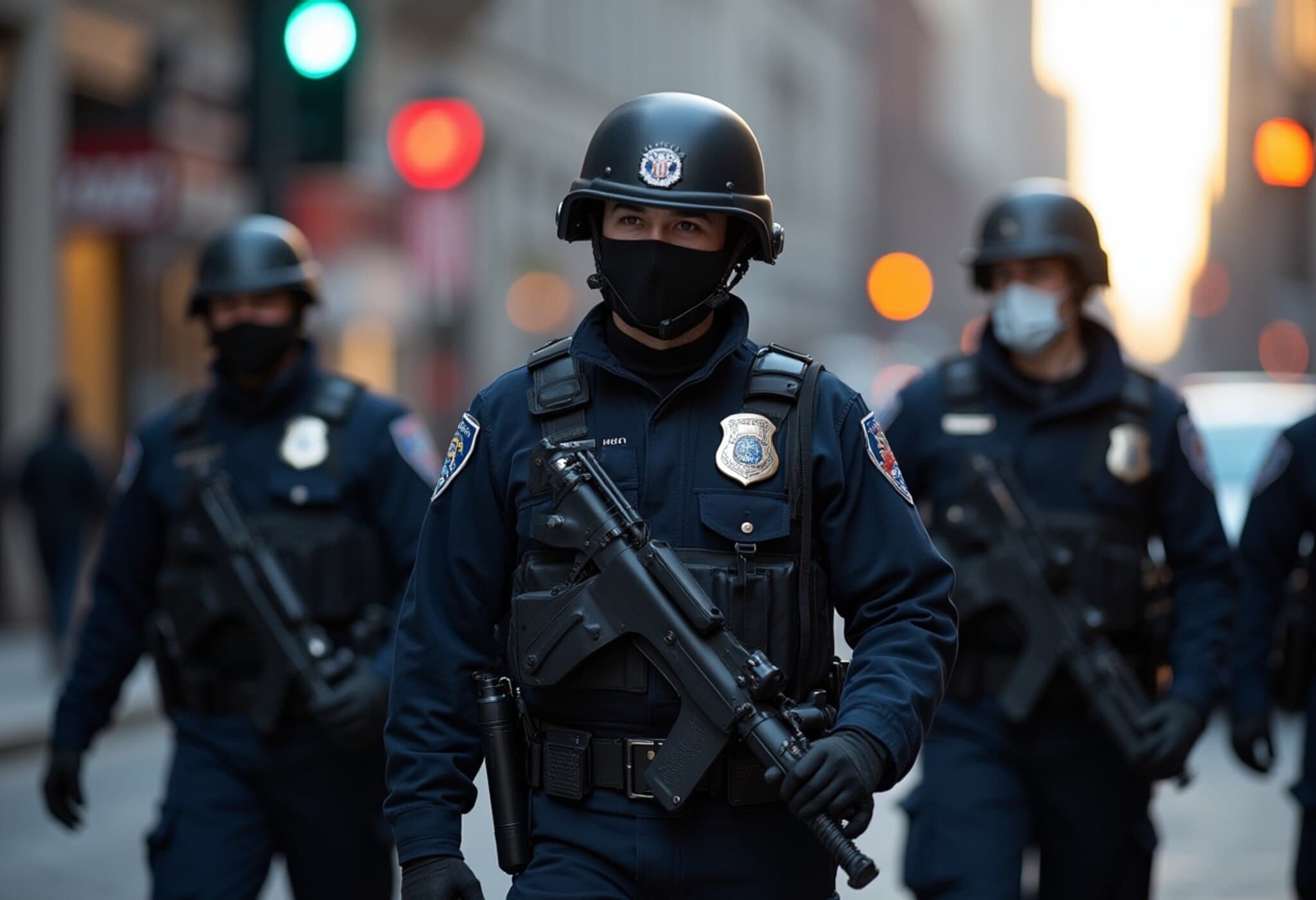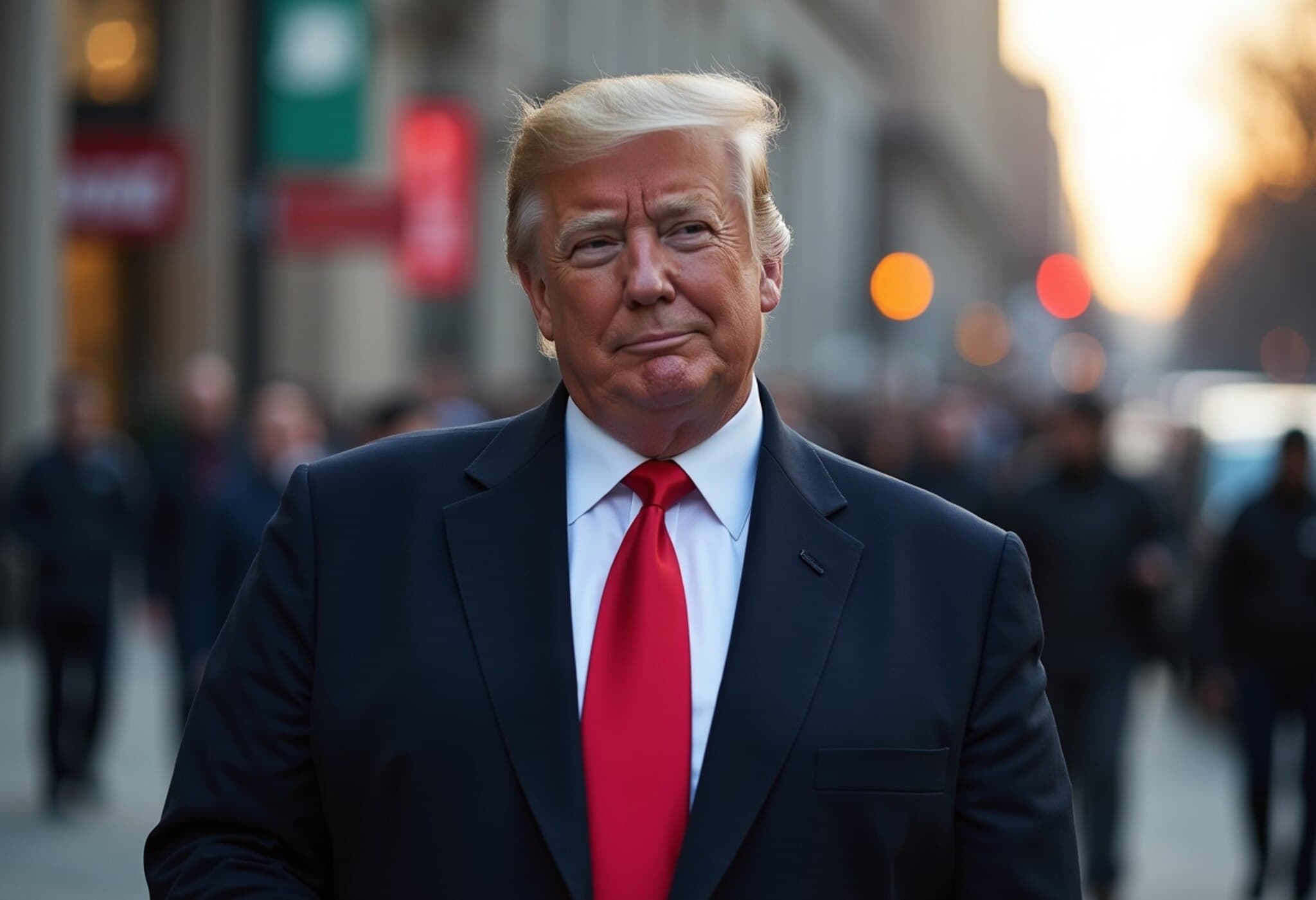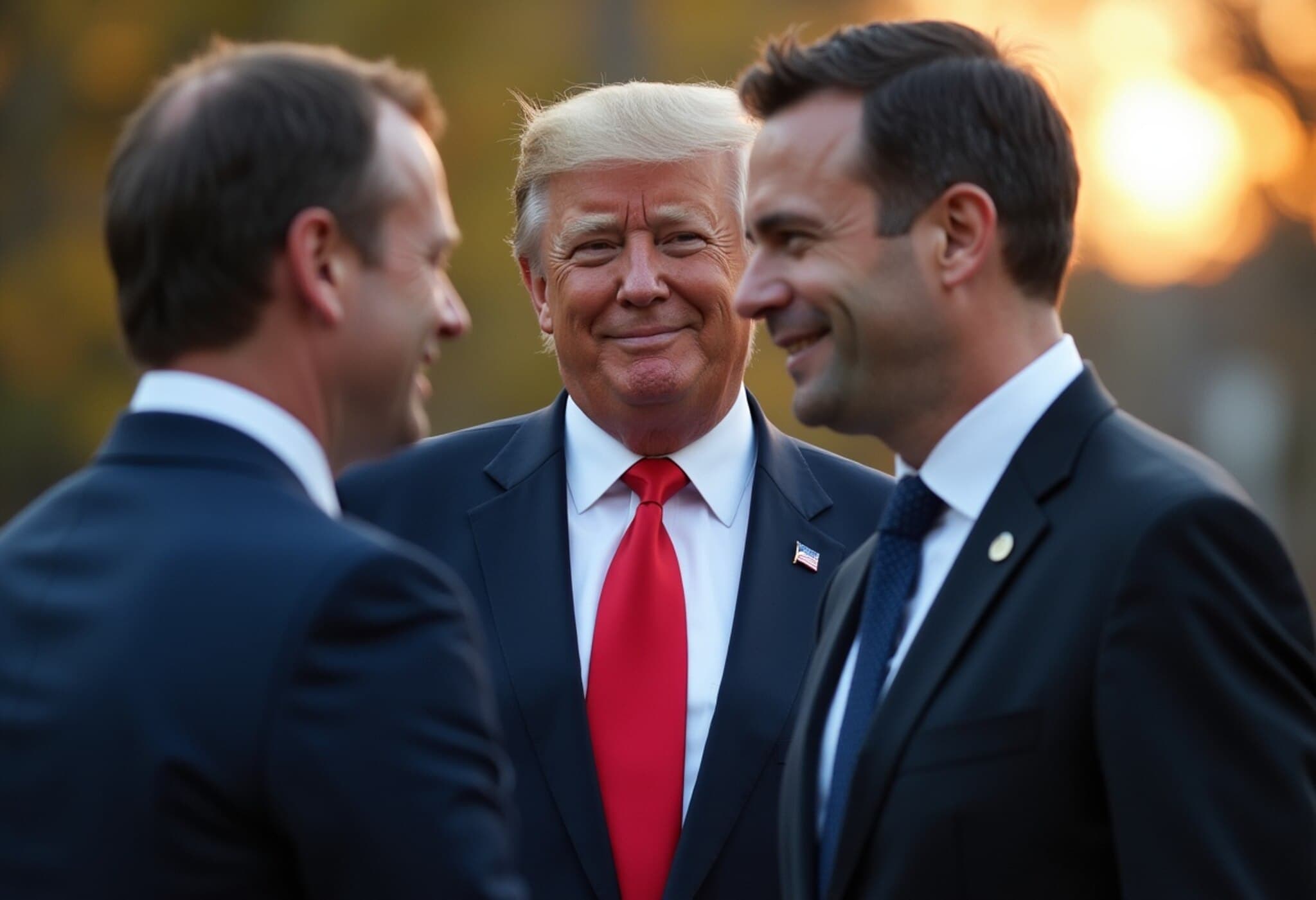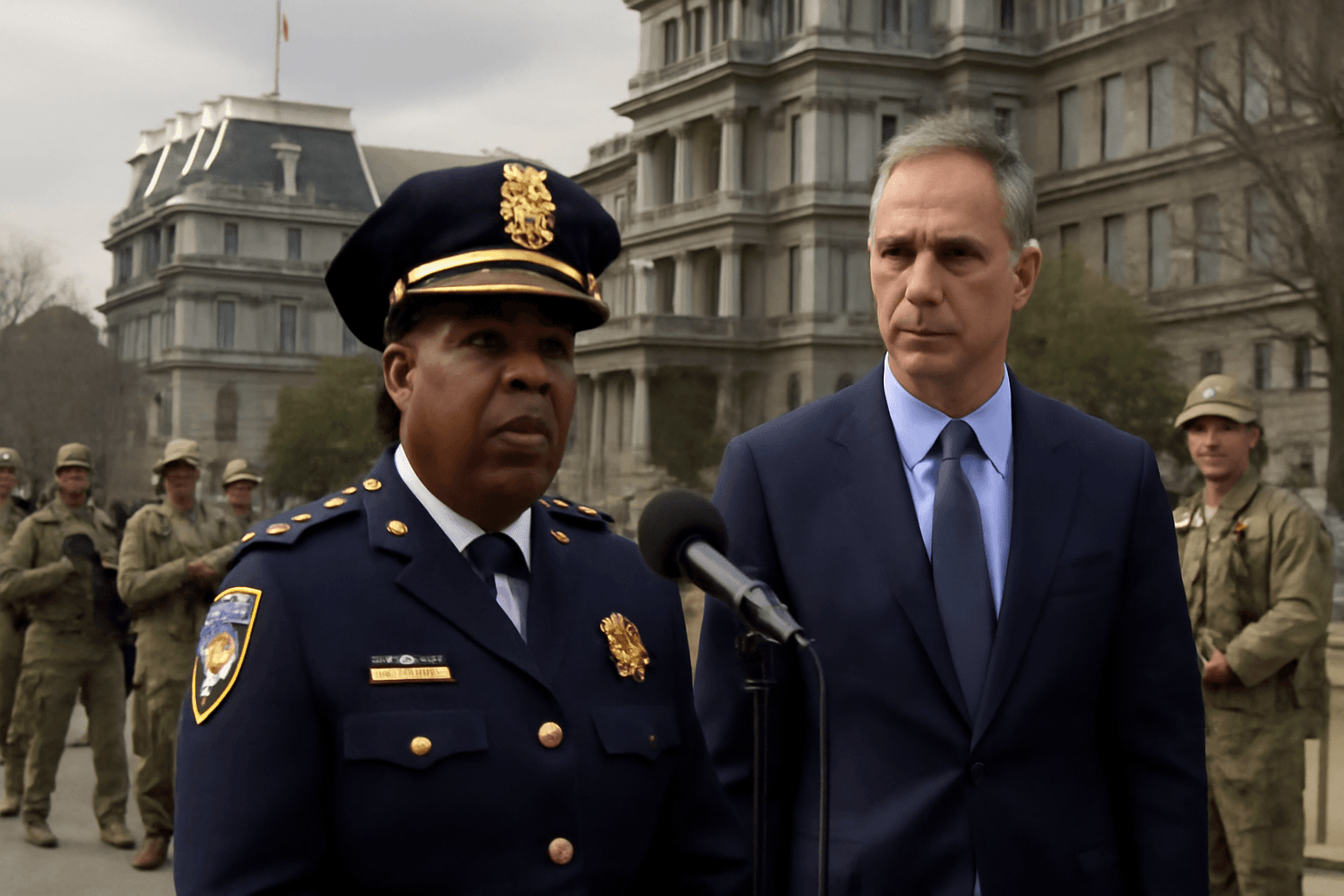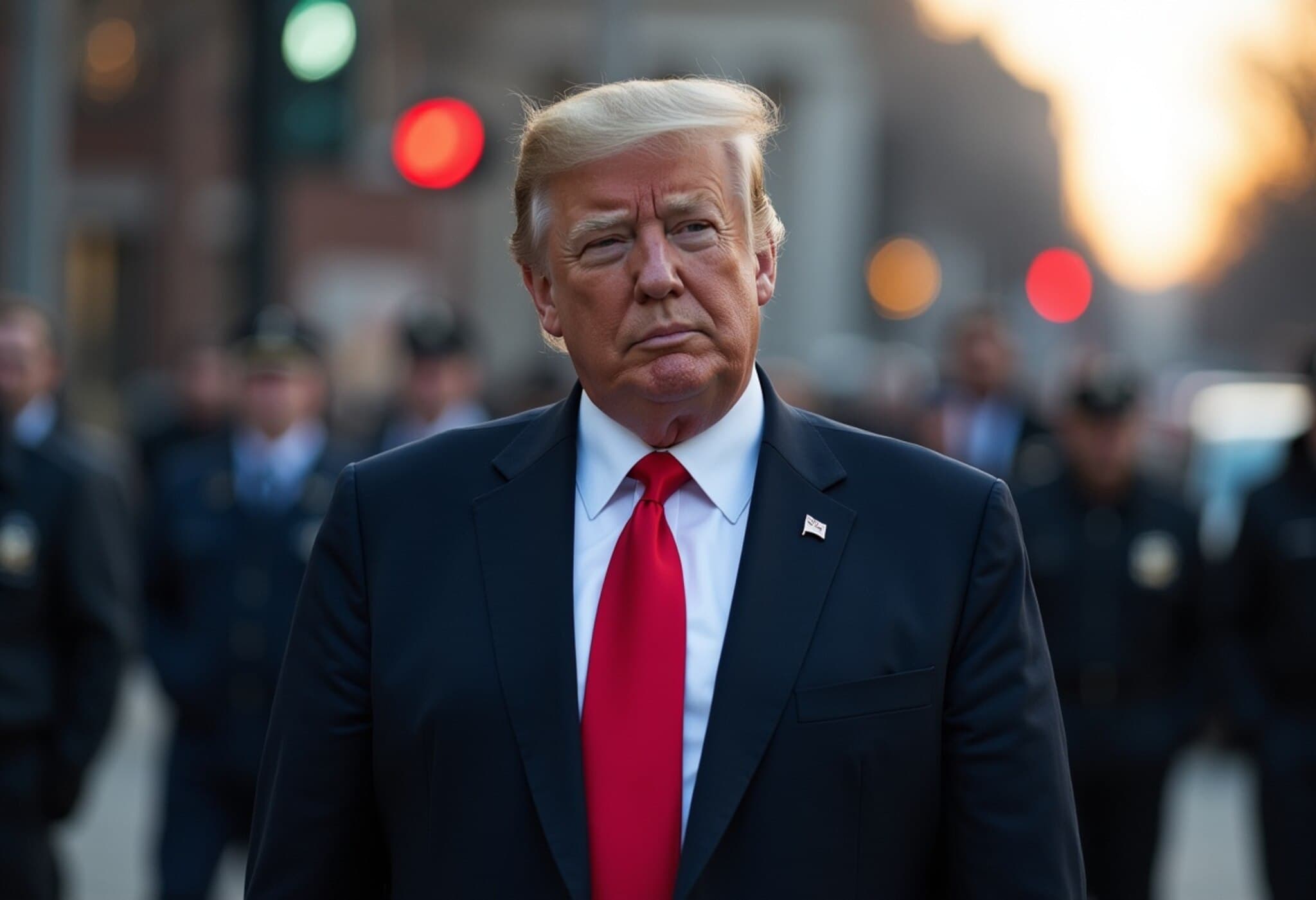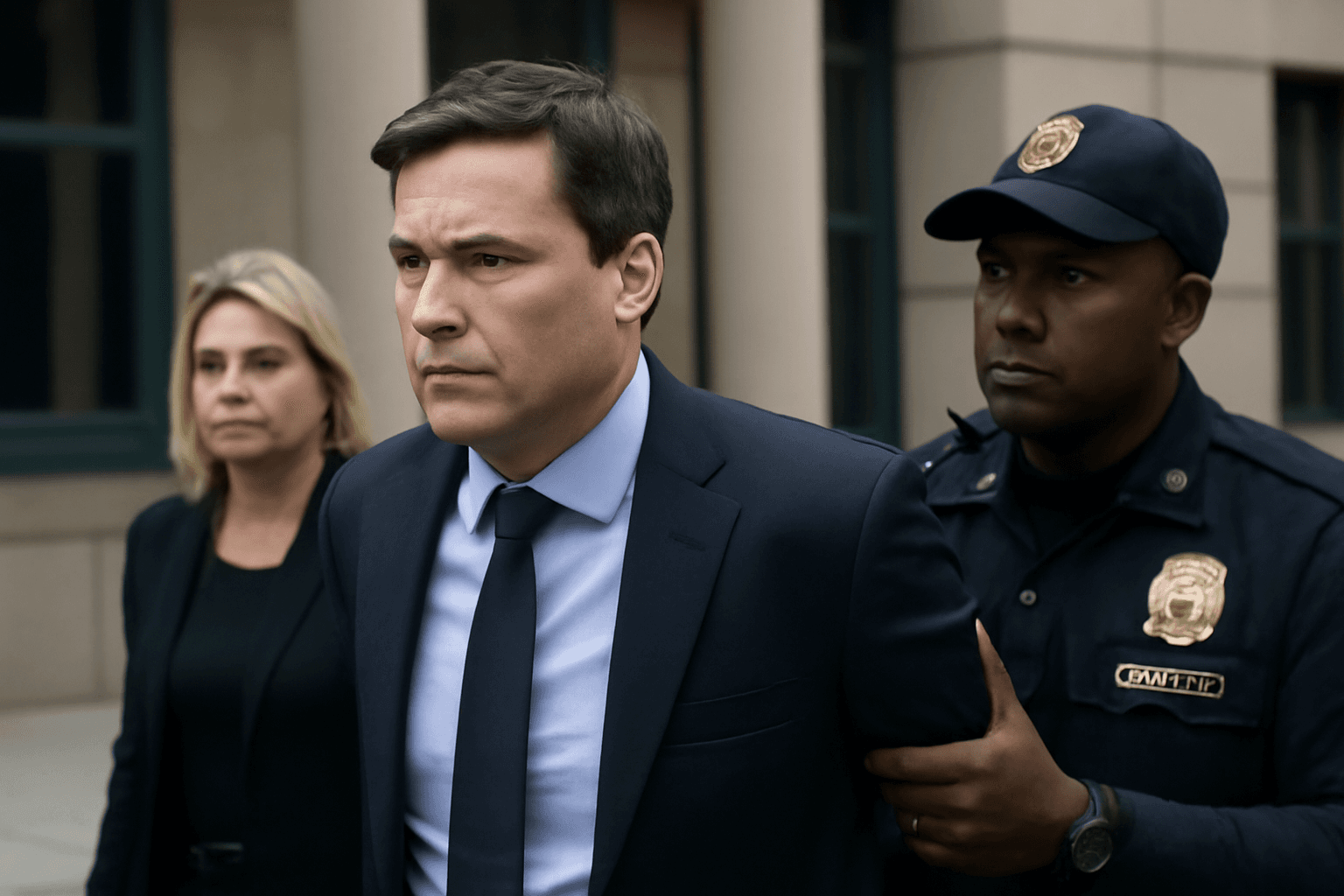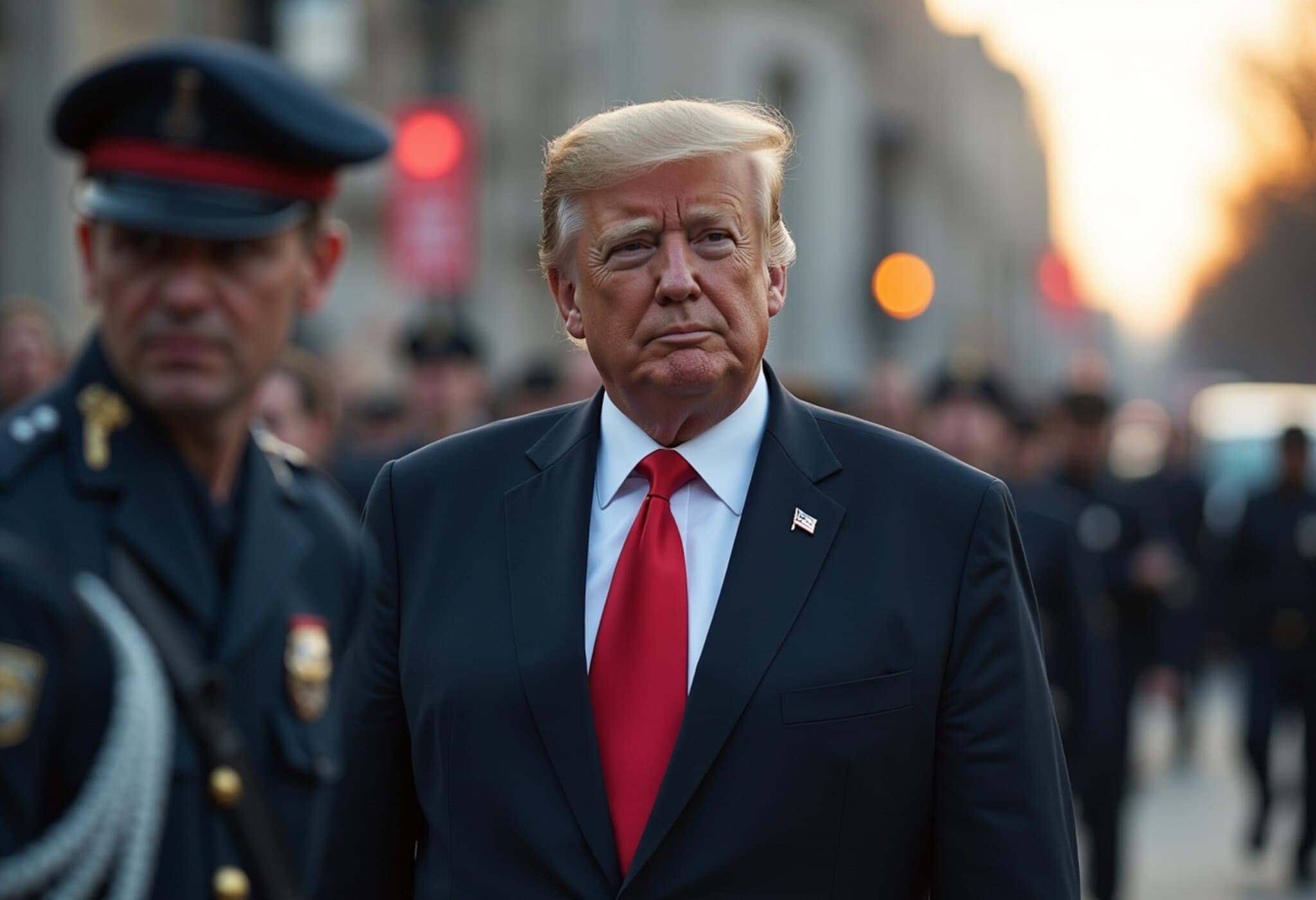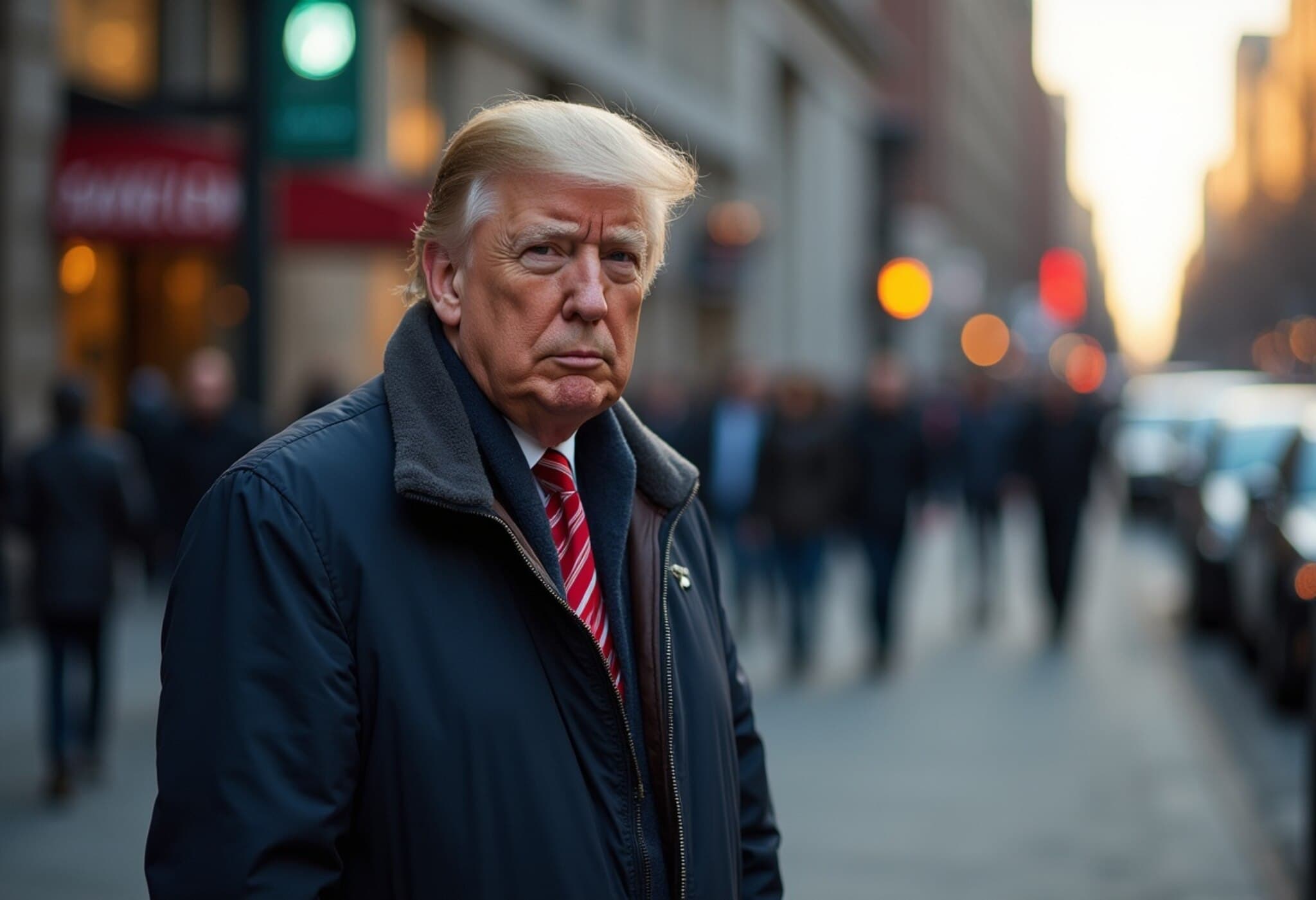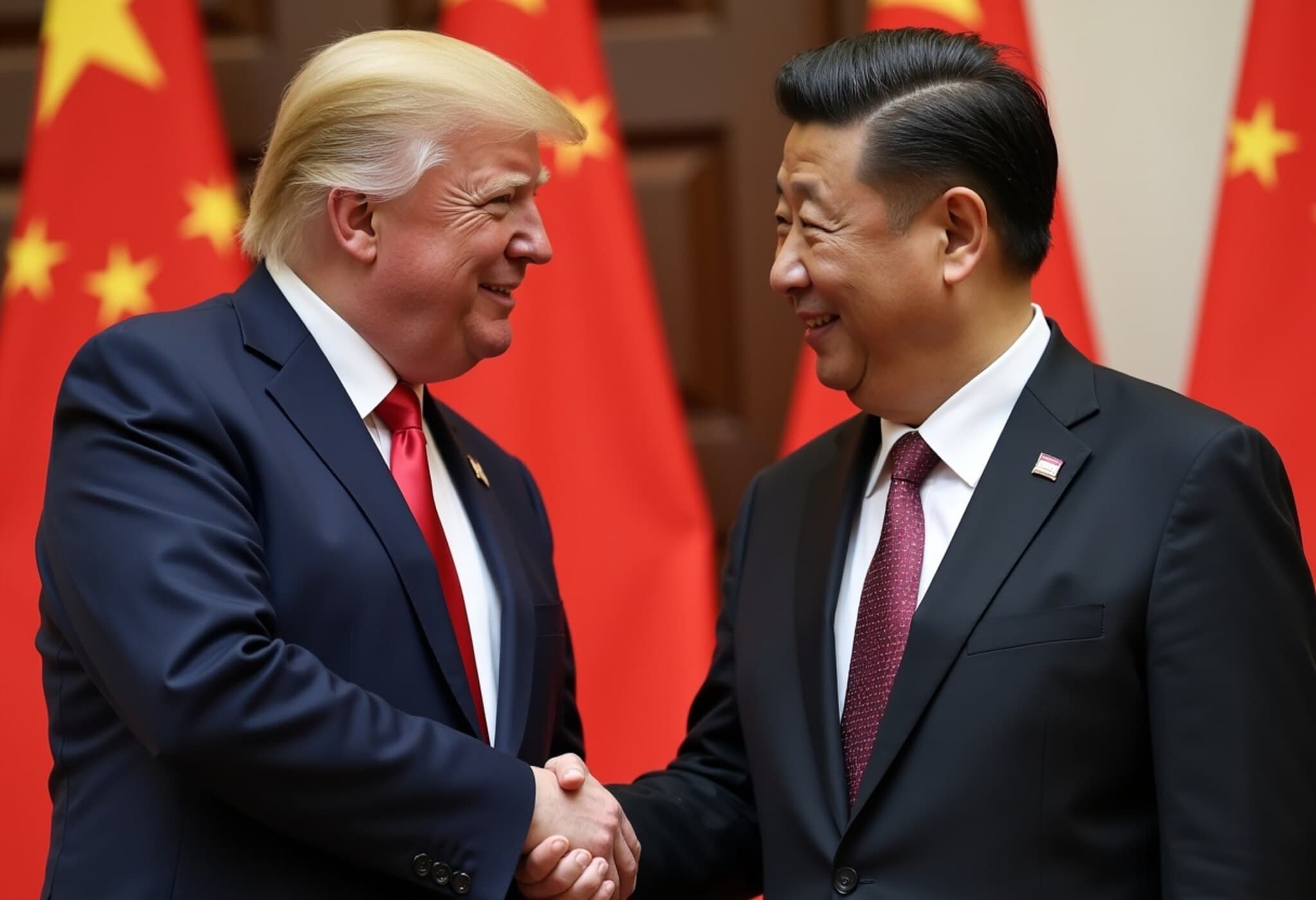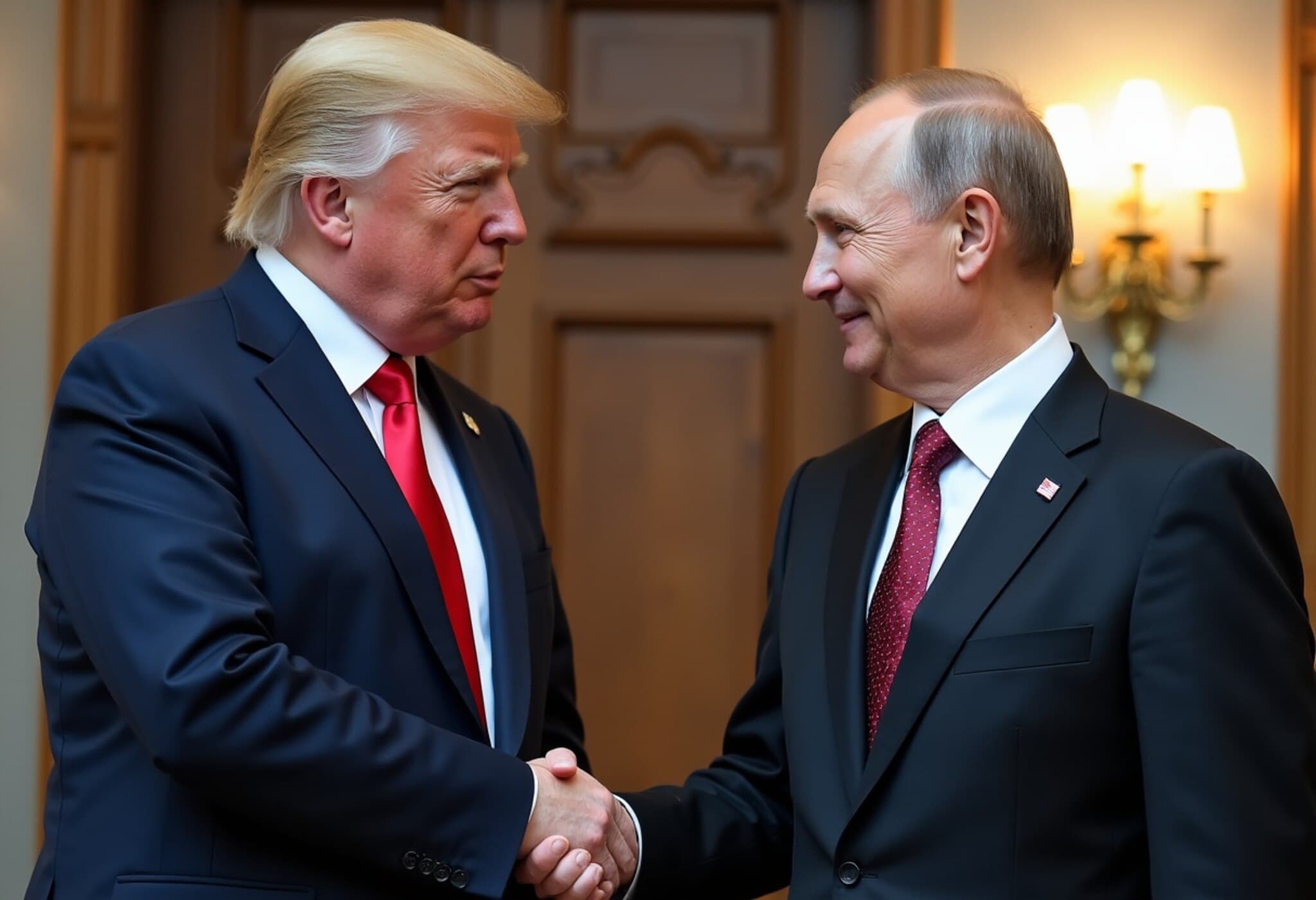Federal Oversight of Washington DC Police Scaled Back Following Legal Dispute
In a significant development, the federal government has agreed to reduce its direct control over Washington DC’s Metropolitan Police Department (MPD), restoring leadership back to local authorities. This shift comes after nearly a week of National Guard presence and federal intervention sparked legal challenges and political backlash.
Return of Local Leadership: Pamela Smith Reinstated
As per the new agreement reached between the White House and the DC city attorneys, Pamela Smith will reassume her role as chairperson of the MPD, effectively ending the tenure of Terry Cole, a senior official from the Drug Enforcement Administration (DEA), who had been appointed during the federal intervention.
This resolution follows an unprecedented move by President Donald Trump earlier this month, when he deployed National Guard troops and federal law enforcement to Washington DC. The intent was to address what the administration described as a surge in violent crime and public disorder, including the controversial clearing of homeless encampments.
A Legal Battle Over Federal Authority and Local Autonomy
The federal takeover did not go unchallenged. DC Attorney General Brian Schwalb swiftly filed a lawsuit contending that the Trump administration’s actions constituted an illegal encroachment on the city’s police department. He accused the federal government of misusing its limited statutory powers under the Home Rule Act, which governs Washington’s unique status.
Highlighting the constitutional tension between local governance and federal oversight, Judge Ana C. Reyes of the US District Court indicated she would likely issue a temporary restraining order to halt or limit the federal control, pressing for the restoration of autonomous municipal policing unless revisions were made by the White House.
Washington DC: A City Between Statehood and Federal Control
Unlike the 50 states, Washington DC operates under a distinctive legal framework that curtails its self-governance. The Home Rule Act of the 1970s permits the election of local officials, including a mayor and city council, yet Congress retains overarching authority, particularly over finances and legislative matters.
This duality has long fueled debates on DC’s statehood and political agency. Current Republican-led federal criticism points to rising crime rates, homelessness, and fiscal mismanagement in the city, though local police data reveals a notable decline in violent crime between 2023 and 2024, reversing previous post-pandemic increases.
What This Means for Policing and Governance in Washington
- Local Control Affirmed: The rollback reinforces the principle that policing should remain primarily under locally elected officials, respecting community accountability and oversight.
- Federal-Local Tensions Highlighted: The episode underscores persistent constitutional tensions over DC’s political status and the limits of federal intervention.
- National Guard’s Role Questioned: The deployment raised concerns about militarizing local law enforcement and its impact on civil rights, particularly the handling of homeless populations.
- Broader Political Implications: The dispute mirrors national partisan battles over crime policy, urban governance, and federalism.
Expert Insight: Navigating Federalism in the Nation’s Capital
As legal scholars and policy analysts note, Washington DC’s governance challenges are emblematic of broader questions about federalism. While the Home Rule Act grants some autonomy, Congress’s residual powers can create friction, especially when local and federal priorities clash.
For residents and officials alike, balancing effective crime response with respect for local control and civil liberties remains a delicate and evolving challenge. This episode serves as a case study of how legal frameworks and political will intersect in policing America’s capital.
Editor’s Note
The recent tug-of-war over control of the Metropolitan Police Department illustrates the complex relationship between Washington DC’s quest for local autonomy and federal authority—an issue with profound implications for democracy and public safety. Readers are invited to consider: How should policing be structured in a city that is simultaneously a local community and the nation’s capital? What safeguards can ensure accountability while addressing urgent crime challenges? And, critically, how might this precedent influence the ongoing debate over DC statehood and self-determination?

